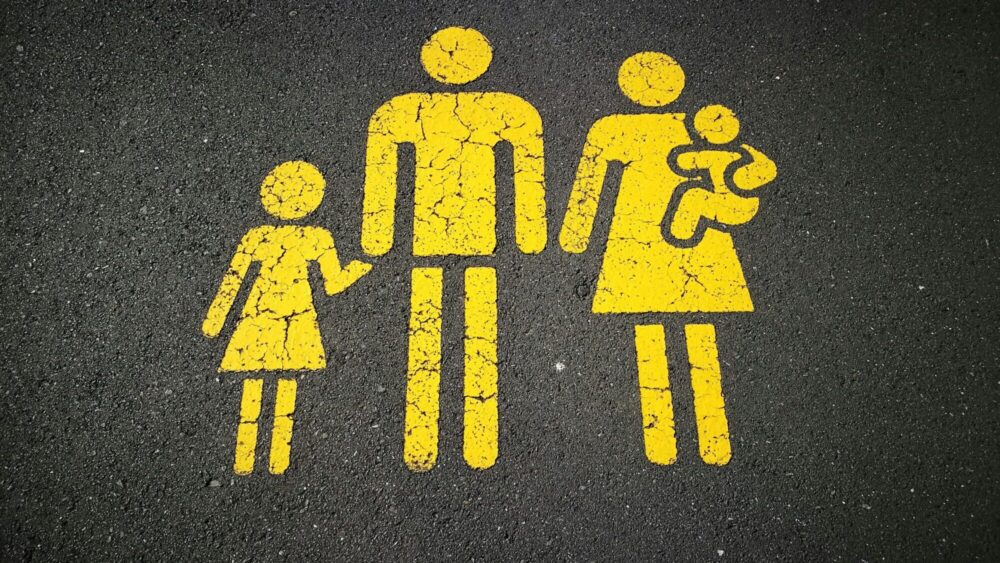
Photo by Sandy Millar on Unsplash
Which countries in the EU invest the most in family policy and incentives to have children? A report from the Fundación Disenso, the think tank connected with the Spanish conservative party VOX, compares family funding policies in Europe.
Lead author, political scientist Irune Ariño, partnered with other experts to mine OECD data from 2019 to complete the study. The findings are not entirely surprising, but nevertheless telling.
Ariño told The Objective that the study aimed to evaluate public policies in several European countries to reverse “the demographic winter” and “strengthen the family.”
The study considered direct monetary handouts to families with children, public spending on services for families, and financial incentives in the tax system. It found that total spending in these areas ranges from 3.4% of France’s GDP to 1.5% in Spain, which spends the least of the countries in the study. Specifically, looking at figures from 2019, Poland spent 3.35% of GDP on direct aid to families, Germany 3.24%, Hungary 3.09%, Finland 2.89%, and Italy 1.87%.
The study also looked at indirect aid such as education spending since this “contributes to the well-being and future of children, as well as to the ability of parents to reconcile work and parenting.” Spain once again fared poorly in this area, worse than Germany, Finland, and Italy but ahead of the Central European countries of Poland and Hungary. With a mid-level of spending, Spain spent about 10,000 euros a year per family.
The study also compared parental leave for the birth of a child among several EU countries. Spain is the only country where, in 2019, both the father and mother had the same amount of paid leave, at 16 weeks, though maternity leave has since been increased to twenty weeks. Hungary is the most generous country, mandating 24 weeks of paid maternity leave. In Italy, Finland, and Poland, maternity leave mandates are 21.7, 17.5, and 20 weeks respectively. Germany requires 14 weeks of paid maternal leave. Fathers get as little as no parental leave in Germany to three weeks in Finland.
Finally, the study looked at how countries supported families by covering the costs of childcare or early childhood education in the years before obligatory schooling starts. It found that countries subsidized it to one extent or another and in various forms. It looked at how much of their income families needed to dedicate to childcare, with Germans on the one end only needing to spend 1% of their income and the Finns on the other end having to dedicate 13%.
Ariño said the study shows that Spain, which currently has one of the lowest fertility rates in Europe, needs to expand its family support policies, particularly to include childcare.
